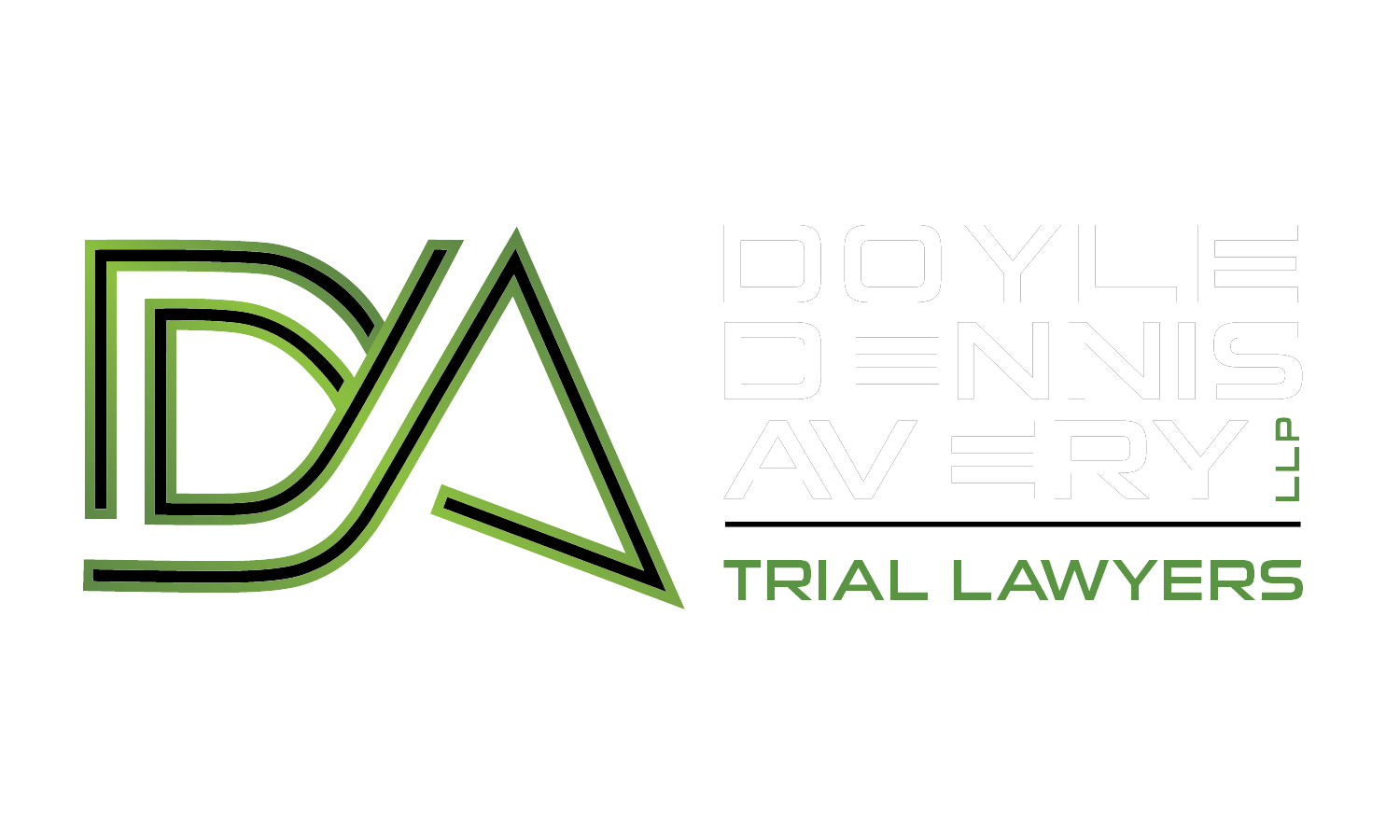Healthcare Whistleblower Takes Stand Against Nursing Home Giant in Federal Retaliation Case
San Antonio Nurse Challenges Multi-Billion Dollar Corporation Over Patient Safety Cover-Up
In a significant healthcare whistleblower case that highlights ongoing concerns about patient safety in America’s nursing home industry, registered nurse Valeen Guzman has filed a comprehensive federal lawsuit against one of the nation’s largest nursing home operators. Represented by attorney Jeff Avery and the legal team at Doyle Dennis Avery LLP, the case seeks damages exceeding $1 million and exposes alleged systematic fraud and dangerous patient care violations at facilities operated by The Ensign Group Inc., a publicly-traded California corporation with operations spanning over 300 facilities nationwide.
A Healthcare Whistleblower‘s Stand Against Corporate Retaliation
Guzman’s legal action represents more than just an employment dispute—it embodies the critical role healthcare professionals play in protecting vulnerable populations. Working as a PRN (pro re nata) nurse across two Ensign subsidiaries in San Antonio, Guzman encountered what she describes as pervasive violations of patient safety protocols and fraudulent billing practices that put residents at serious risk.
The lawsuit details how Guzman’s professional nursing obligations compelled her to report dangerous conditions she witnessed daily. As her attorney Jeff Avery explains, “Rather than address those serious concerns, Ensign targeted and fired Ms. Guzman because she reported the misconduct.” These dangerous conditions included systematic failures in documentation practices, incomplete patient health assessments, and particularly concerning gaps in care for residents experiencing mental health crises, including those with suicidal ideation.
Uncovering the Fraud: Medicare Billing Schemes and Falsified Records
Central to Guzman’s allegations are claims of deliberate Medicare and Medicaid fraud orchestrated at the corporate level. The nurse alleges she was pressured to participate in schemes designed to artificially inflate staffing ratios reported to the Centers for Medicare and Medicaid Services (CMS). This type of fraud not only defrauds taxpayers but creates dangerous understaffing situations that directly endanger residents.
The lawsuit reveals that Guzman was asked to sign off on treatment orders and daily care documentation for services that were never actually provided to patients. When she refused to participate in these allegedly fraudulent activities, the retaliation began almost immediately.
State Investigation Triggers Corporate Backlash
The situation escalated dramatically when Texas Health and Human Services investigators arrived at Parklane West Healthcare Center in March 2025 following complaints about inadequate wound care. Guzman’s full cooperation with state regulators—a legal and ethical obligation for licensed healthcare professionals—appears to have sealed her fate within the Ensign organization.
Rather than addressing the serious patient safety concerns she raised, facility management allegedly targeted Guzman for termination. The timing of her dismissal, coming just weeks after she provided information to state investigators, forms a critical component of her retaliation claim.
The Pretext for Termination: Manufacturing Grounds for Dismissal
Corporate retaliation against whistleblowers often follows predictable patterns, and Guzman’s case appears to follow this playbook precisely. After reporting safety violations to human resources in March and cooperating with the state investigation, she was suddenly placed on a “performance improvement plan” in early April.
The lawsuit alleges this plan was deliberately designed to create impossible conditions for her continued employment. Specifically, she was required to report to work at 8:30 AM despite previously approved scheduling accommodations that allowed her to care for her children. When she couldn’t comply with this sudden schedule change, management had their pretext for termination.
The company cited “tardiness” as the official reason for her dismissal on April 30, 2025, despite her consistent work performance in a demanding healthcare environment.
A Pattern of Problems: CMS Ratings Reveal Ongoing Issues
Public records support many of Guzman’s concerns about patient care quality at the facilities where she worked. Sonterra Health Center, where she began her employment, maintains only a one-star rating from CMS—the lowest possible designation indicating care “much below average.”
The facility’s poor performance is reflected in substantial financial penalties, including fines totaling over $71,000 in the past year alone. These sanctions suggest systemic problems with patient care that align with the violations Guzman reported internally.
Even Parklane West Healthcare Center, despite receiving a “average” three-star rating, faced state investigation for wound care deficiencies—precisely the type of problem Guzman had been reporting through internal channels.
The Broader Impact: Protecting Our Most Vulnerable and the Healthcare Whistleblower Who Stand Up for Them.
As Jeff Avery, Guzman’s attorney, emphasizes, “Consistent with her professional and ethical obligations, Ms. Guzman reported serious issues of patient safety and violations of law, while working at two Ensign Group facilities.” This case serves as a powerful example of how healthcare professionals must navigate the challenging balance between corporate pressures and their fundamental duty to protect patients.
Federal and state whistleblower protection laws exist specifically to encourage healthcare workers to report fraud and safety violations without fear of retaliation. These protections recognize that healthcare professionals often serve as the last line of defense for patients who cannot advocate for themselves.
Legal Standards and Protections for Healthcare Whistleblowers
Healthcare whistleblower cases involve complex federal and state legal frameworks designed to protect both patients and the healthcare professionals who advocate for them. The False Claims Act provides powerful protections for employees who report Medicare and Medicaid fraud, while state laws offer additional safeguards for those reporting patient safety violations.
Successful retaliation claims typically require demonstrating that the employee engaged in protected activity, suffered adverse employment action, and that a causal connection exists between the protected activity and the employer’s adverse action. The timing and circumstances of Guzman’s termination appear to establish this crucial connection.
The Stakes: More Than Just Employment—Patient Lives Hang in the Balance
While Guzman seeks personal compensation for the damages she suffered, her case carries implications far beyond individual remedies. Successful whistleblower cases send powerful messages to healthcare corporations that retaliation against employees who report safety violations carries serious consequences.
The nursing home industry has faced increasing scrutiny in recent years over quality of care issues, staffing shortages, and billing fraud. Cases like Guzman’s help expose these problems and potentially drive systemic improvements that benefit thousands of vulnerable residents.
Moving Forward: The Legal Process and Broader Implications
As this case proceeds through federal court, it will likely involve extensive discovery into Ensign’s corporate practices, staffing policies, and response to internal complaints. The litigation process often reveals additional evidence of problematic practices that may not have been initially apparent.
The outcome could influence how other healthcare workers view their obligations to report safety violations and fraud, potentially encouraging more professionals to come forward when they witness dangerous or illegal practices.
Conclusion: Standing Up for What’s Right
Valeen Guzman’s case represents the best of healthcare professionalism—a licensed nurse who put patient safety and legal compliance above personal job security. Her willingness to challenge a powerful corporate entity demonstrates the courage required to protect vulnerable populations in healthcare settings.
As represented by Doyle Dennis Avery LLP, this case seeks not only to compensate Ms. Guzman for the retaliation she suffered but also to vindicate the principle that healthcare professionals must be free to advocate for their patients without fear of losing their livelihoods.
The nursing home industry’s track record of safety violations and billing fraud makes cases like this essential for protecting both healthcare workers and the patients they serve. When corporations prioritize profits over patient safety, courageous healthcare professionals like Valeen Guzman serve as crucial guardians of public health and safety.
This case is being handled by attorneys Jeff Avery and the legal team at Doyle Dennis Avery LLP. For more information about healthcare whistleblower protections or similar cases, contact our offices.

Copyright © 2025 Doyle Dennis Avery LLP Trial Lawyers. All rights reserved. Powered By Blue Beam LLC
The information on this website is intended for general informational purposes only and is not legal advice for any individual case or situation. Viewing or receipt of content on this website does not create an attorney-client relationship between the user and Doyle Dennis Avery LLP.
The cases, verdicts and settlements displayed on this site are solely for illustrative purposes and should not be considered a guarantee or prediction of the outcome of any other claims or cases. Each case is unique, and past outcomes are not indicative of future results.
We recommend that users consult with an attorney for legal advice on any questions or concerns they may have. Users rely on the information on this website at their own risk.
